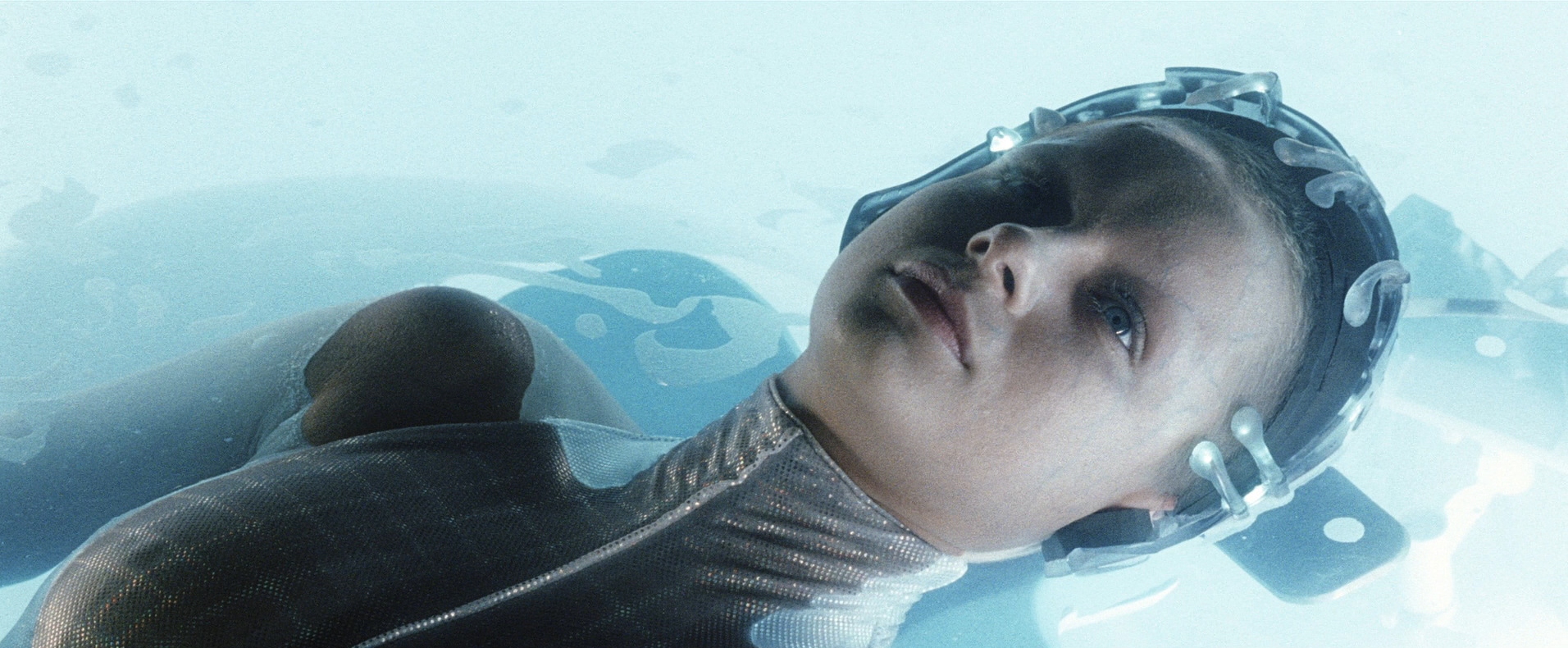I precognised that my grade in my very first test would be E, despite the fact that I was aiming for a C or B. I have a probability of 1/6 to have the E flashing my mind correctly - not impossible at all. I really studied hard and expected a better grade, though, and was questioning why the E was "flashing". It did not make any sense at all.
What if I precognise specific events that are not numeric? How do I quantify such data in a probabilistic way?
For example meeting individuals with specific traits and doing certain things? Are they possible to quantify probabilistically?
What if I precognise specific events that are not numeric? How do I quantify such data in a probabilistic way?
For example meeting individuals with specific traits and doing certain things? Are they possible to quantify probabilistically?
Last edited:

